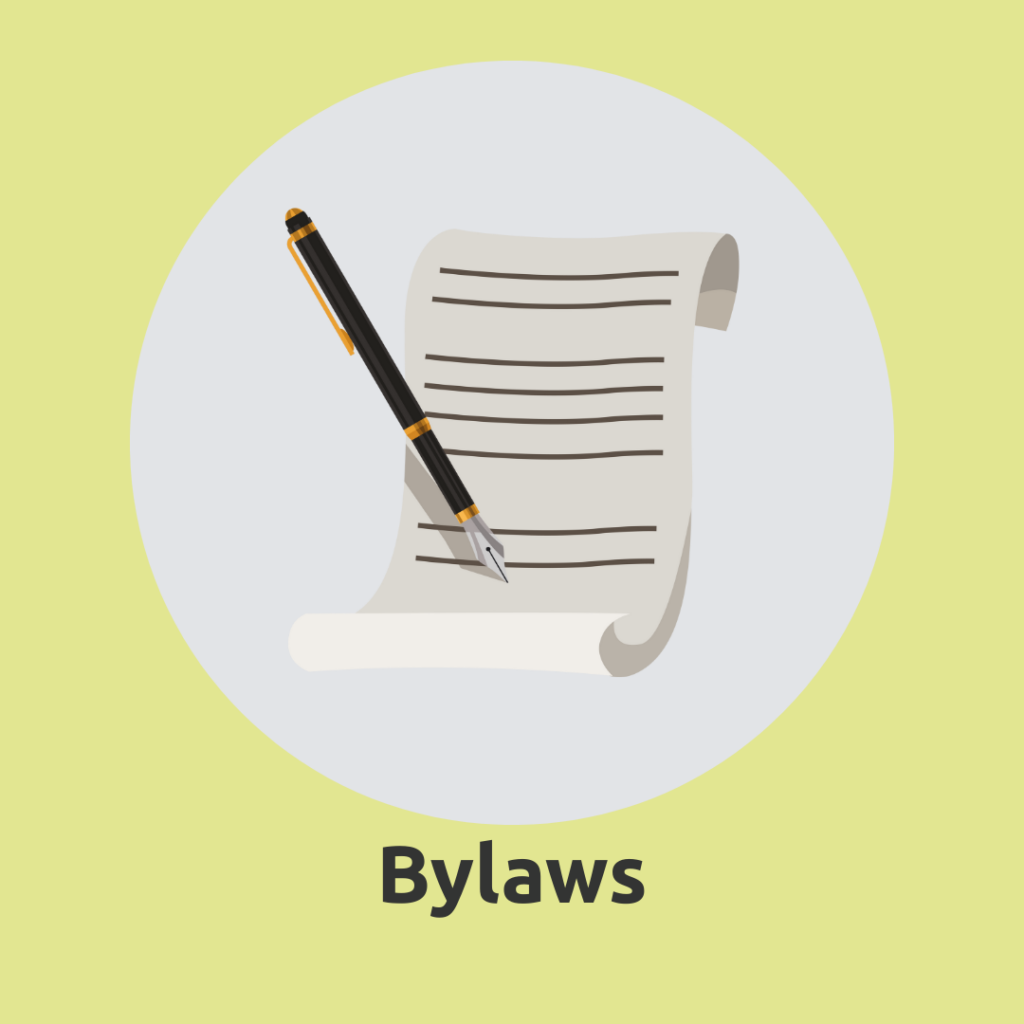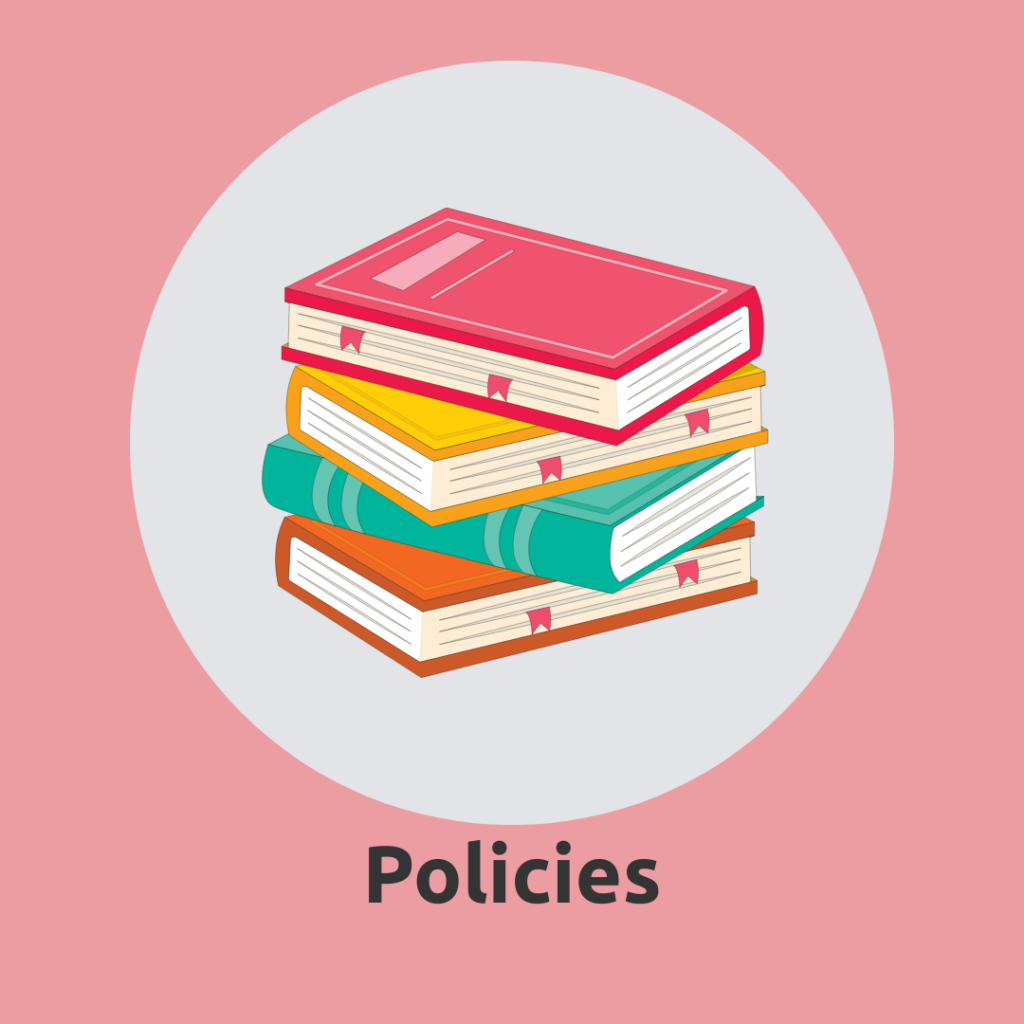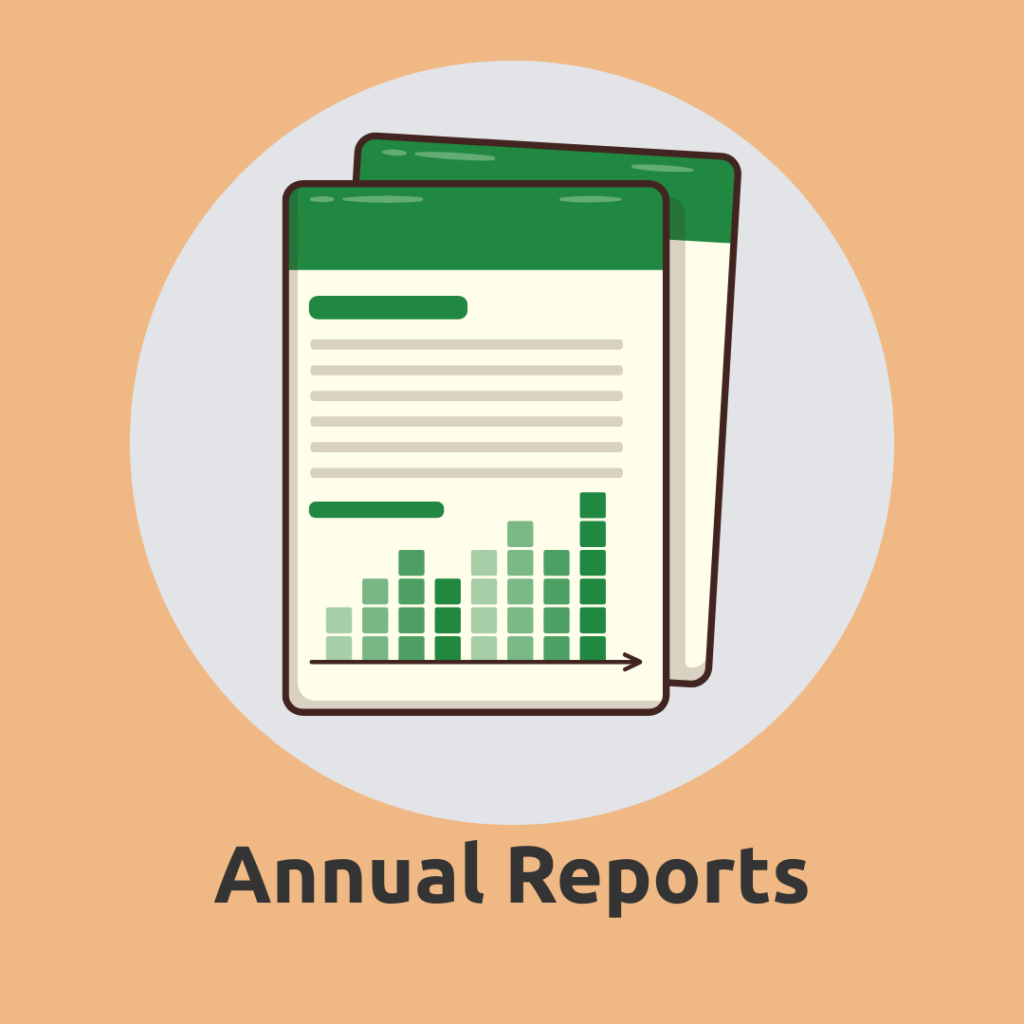Esperanto-USA, also known as the Esperanto League of North America (ELNA), was established in 1952 as a national organization dedicated to promoting the use of Esperanto in the United States. The organization emerged from a growing interest in the international language, which was created by L. L. Zamenhof in 1887 to foster easier and more equitable communication between people of different native languages.
Over the decades, Esperanto-USA has hosted numerous national conventions, known as Landa Kongresoj, which serve as major events for Esperanto speakers to gather, learn, and celebrate their shared linguistic and cultural interests. These conventions have played a crucial role in sustaining the Esperanto movement in the U.S., providing a platform for advocacy, networking, and community-building.
Esperanto-USA has also collaborated with international Esperanto organizations and other national groups to promote Esperanto on a global scale. Through its efforts, the organization has contributed to the visibility and growth of the Esperanto community in North America and beyond. Today, Esperanto-USA continues to support Esperanto speakers and learners through educational initiatives, events, and resources, remaining a central hub for Esperanto activities in the United States. Click here to read about the founding of Esperanto-USA and the history of ELNA until 2002!
Join Esperanto-USA and help build a world where Esperanto bridges languages and cultures. Together, we create a global community rooted in understanding, friendship, and a shared vision: a world where communication knows no borders — and where your voice helps bring that vision to life.
Values
Esperanto-USA fosters friendly ties among its members, local communities, and the broader Esperanto movement by listening to and empowering its members, prioritizing their needs, and acting professionally to advance our mission.
Esperanto-USA nutras amikajn ligojn inter siaj membroj, lokaj komunumoj, kaj la pli vasta Esperanto-komunumo pere de la aŭskultado kaj apogado de siaj membroj, prioritatigo de iliaj bezonoj, kaj pere de maniero profesia por antaŭenigi nian mision.
Approved by the membership during the Binational Conference in 2025 | Aprobita de la membraro dum la Dulanda Kongreso en 2025
Governance
Meeting Minutes and Financial Reports
The History of Esperanto-USA until 2002
Click here to read about the founding of Esperanto-USA and the history of ELNA until 2002!
Treasurer’s Corner
The Treasurer’s Corner is a new space led by Matt BROOKS, Esperanto-USA’s treasurer, focused on promoting financial transparency and education. Matt shares regular updates — in Esperanto and English — to explain how member contributions support the mission of Esperanto in the U.S., highlight financial reports, and offer guidance on grant opportunities.
Board of Directors
The Board of Directors of Esperanto-USA is dedicated to promoting and supporting the use of Esperanto in the United States. Comprising passionate and knowledgeable individuals, the Board oversees the organization’s strategic direction, ensures the effective implementation of its programs, and works to expand the Esperanto community. Through their leadership and vision, the Board strives to foster a vibrant and inclusive environment for Esperanto speakers and learners nationwide.
- President: Brandon SOWERS elected 2023
- Vice President: Quintyn “Kuo” BOBB elected 2023
- Treasurer: Matthew “Mateo” BROOKS elected 2024
- Secretary: Charlotte “Ĉaro” BURTON elected 2025
- Director: Enrique “Enriko” HARO MÁRQUEZ elected 2023
- Director: Shneur “Ŝneoro” AGRONIN elected 2024
- Director: Peggy DOLTER elected 2024
- Director: Isabel GARDNER elected 2024
- Director: Kinen CARVALA elected 2025
- Director: Izaak “Izako” ZAWYRUCHA-MOORE elected 2025
Contact the Board through secretary@esperanto-usa.org
Central Office
The Central Office of Esperanto-USA, consisting of our Executive Director and two dedicated Editors, plays a crucial role in the day-to-day operations of the organization. The Executive Director manages administrative tasks, coordinates programs, and serves as a key liaison within the Esperanto community. Our Editors are responsible for producing high-quality publications and resources that inform and engage our members. Together, the Central Office team works tirelessly to support the mission of Esperanto-USA.
- Executive Director: Amanda SCHMIDT
- Editor: Alena ADLER
- Editor: Lua HALL
Committees
Much of Esperanto-USA’s work is carried out by volunteer committees. If you are interested in getting involved in one of the below committees, please reach out to us!
- Committees in our bylaws
- Financial Committee
- Local Congress Committee
- Nominations Committee
- Tallying Committee
- Special and ad-hoc committees:
- Communications Committee
- Education Committee
- Executive Committee
- Membership Committee
- Projects Committee






